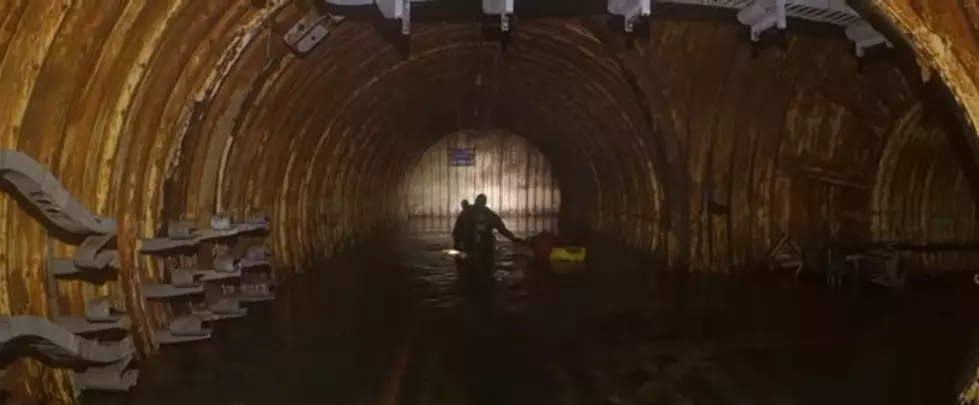
The History of Tri-Cities’ Weird Town Names, Simplified
There are varying stories on how Richland, Pasco, and Kennewick got their names - they involve Native American words, railroaders, and land developers. Keep scrolling for the short answers and somewhat odd history behind each name.
Richland, Washington - Named After a Land Developer
According to historylink.org, Captain William Clark, of the Lewis & Clark expedition, noted in his journal that the Rivershore was covered with spawning salmon, and the land was covered with "a weed or plant about 2 & 3 feet high" (sagebrush) and that there was "no wood to be seen in any direction".
In the early1900s the town was known as "Benton" (named after the newly formed Benton County), but the U.S. Postal Service didn't like the name because it sounded too much like another Washington city - Bentsen. So, Howard and W.R. Amon, who owned about 2300 acres of the land, named it after Nelson Rich, a state legislator, who also had an interest in the area. They decided on "Richland" because the land was also rich for growing.
Pasco, Washington - Named After a City in Peru
There are two stories about how Pasco got its name and they both involve Virgil Bogue, a railroad supervising engineer. The first story is that he chose to name the area after a city in Peru called "Cerro de Pasco". The year was 1891 and he had just supervised the construction of a rail system in Cerro De Pasco and the climate in what we now know as Pasco reminded him of the city in Peru. The other version of the story is that Cerro de Pasco in Peru was extremely cold and damp and Eastern Washington was hot and dry - so he called it Pasco because of the opposite climate. Regardless of which story is true, Pasco is named after the city "Cerro de Pasco" which is located at the top of the Andean Mountains in Peru.
Kennewick, Washington - Got Its Name from a Native American Word
There are two stories of how Kennewick got its name, the first is that it was named after the fur trapper, "Chenoweth". When the Native Americans pronounced his name it sounded like "Kennewick", so the area became known as Kennewick.
The other story (the most common) is Kennewick came from the Native American word, "Kin-ne-wack", which means, "grassy place". Native Americans also called the area, "winter paradise" - because of the mild climate throughout the year.
Kennewick isn't so grassy today, but it is a windy and dusty place, so maybe a more fitting name today would be, "naats'o'ooldissi", which in Navajo, means dust devil.
5 Weirdly Named and Strangely Famous Small Towns in Washington
SEE HISTORIC OREGON PRIVATE ISLAND ONCE HOME TO THE DANIEL BOONE FAMILY
More From 102.7 KORD




![Tri-Cities Largest Home is Truly Amazing SEE INSIDE [PHOTOS]](http://townsquare.media/site/112/files/2022/03/attachment-driveway-with-grapes.jpg?w=980&q=75)




